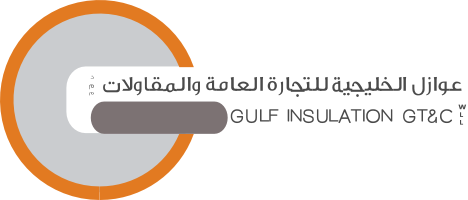nevertheless when wedding may be the explicit objective, it places far more force on interactions aided by the sex that is opposite. Though she was raised in a big and “relaxed Muslim community” in Santa Clara, she said, “there’s no real dating scene or such a thing like this.”
Internet dating continues to be unorthodox to numerous Muslims, she stated, but her household had been supportive. On their first check out, Ahmed produced impression that is good their fresh fresh ukrainian dating free fruit container, their thank-you note and his close relationship to their moms and dads, Indians like Sayeeda’s.
Despite its aim that is conventional also banking institutions for a coolness element. It posts listicles on Buzzfeed and has now a Thought Catalogue-style we we we blog on Muslim dating mores. It’s got a minimalistic screen peppered with blue or red tags that indicate users’ passions, tradition and spiritual practice.
Users whom expanded up feeling dislocated – whether from their loved ones’ traditions or from US culture – view Ishqr as over a site that is dating. For 26-year-old Raheem Ghouse, whom spent my youth within the eastern city that is indian of, it’s “a pool of empathy a lot more than anything”.
Ghouse always felt too modern for their upbringing. He nevertheless marvels that “my dad is known as within my family members such as for instance a playboy that is huge” because “between enough time he came across my mother in which he got hitched he made one telephone call to her house” as opposed to talking and then the moms and dads. Which was more than simply risqué; it had been pretty clumsy. “I think she hung within the phone,” he said.
Their feminine relatives – mother, sisters and cousins – utilized to be their reference that is only on females and also to him, “They’re all pea pea nuts.”
“I was raised actively avoiding Muslim people,” he stated. “And then, we run into this web site that will be packed with individuals just like me.”
There’s something else many young Muslim Americans have commonly: their many years of teenage angst were compounded because of the dubious responses they encountered after 9/11.
Zahra Mansoor was raised in Southern Williamson, Kentucky, where “there wasn’t a cellphone solution like until my junior 12 months of high school.” The time of this assaults, she had been sitting in mathematics course. She recalls viewing the very first airplane crash on television, thinking it should have already been any sort of accident.
At that point, she’d never ever thought much about her religion. She viewed praying, fasting for Ramadan and hajj trips as her filial duties significantly more than any such thing. As well as in reality, “until 9/11 occurred, i must say i thought I happened to be white like everyone else,” she stated. The assaults suddenly made her wonder, “I don’t determine if I would like to be Muslim.”
She began “dissociating” from her parents’ tradition, dying her locks blond and putting on blue lenses. Fundamentally, she visited university during the University of Kentucky in Lexington, went into a various constellation of muslims, and built her individual comprehension of the faith. “I had to locate personal strange hybrid identity,” she said, “because i really could hardly ever really easily fit into in each tradition 100%.”’
For many Muslim that is young americans self-discovery also implied having a reading of Islam that is more dedicated to the written text much less on parental traditions. Sidra Mahmood, a 26-year-old born in Pakistan whom learned during the all women’s Mount Holyoke university in Massachusetts, failed to develop using a headscarf. But 1 day, on her behalf long ago from the summer journey house, she put one on to pray into the airport rather than took it well.
I would never have been able to wear hijab,” she said, because in her parents’ circles it is a marker of lower classes“If I were in Pakistan.
Though her mom in the beginning did perhaps not accept, for Mahmood emancipation in the usa intended treading closer to scripture.
Mubeen too wears the hijab not only for spiritual reasons, but additionally to differentiate herself. Like a white person,” she said if she didn’t, “people would just think i’m. “ right Here, i believe we’re in westernized culture and then we really have to find our identity.” She actually is often the one that insists on visiting the mosque, maybe maybe not her moms and dads. “I felt like my moms and dads had been religion that is confusing culture,” she said.
Through Ishqr, Mubeen would like to prove that millennial Muslims aren’t a contradiction with regards to. “I know we undoubtedly would like to get married,” she said. “i would like a Muslim which was created and raised in america because he understands my Muslim identity.”

